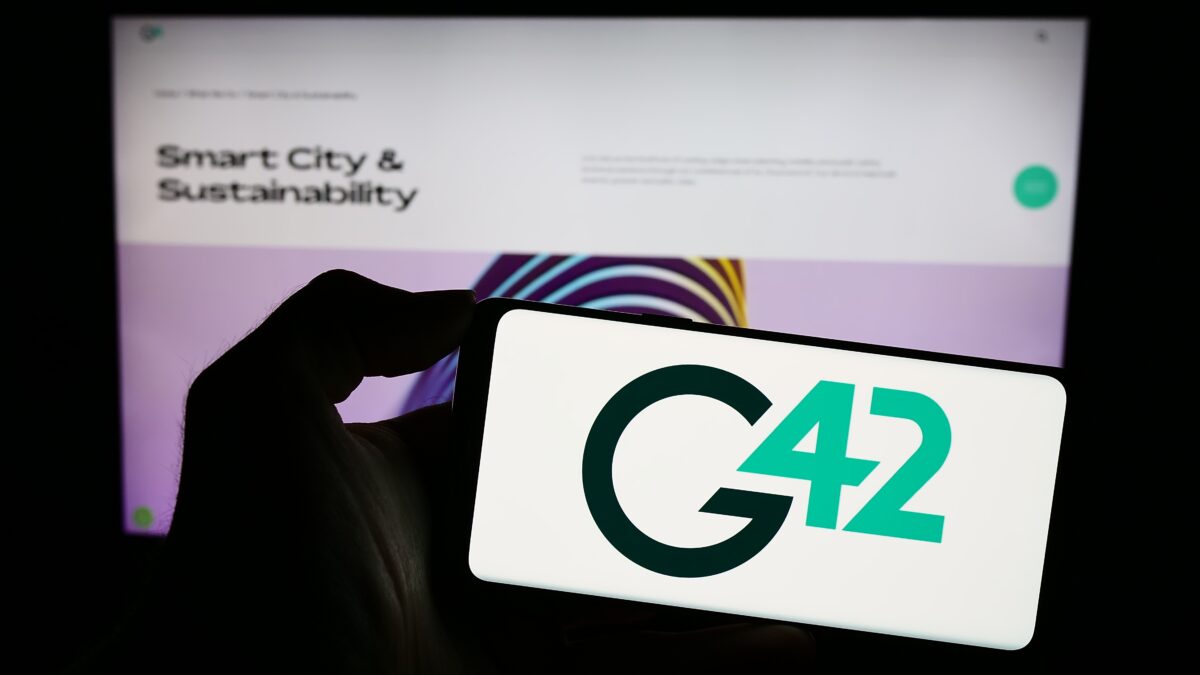TLDRs;
- G42 seeks to diversify chip supply, considering AMD, Qualcomm, and Cerebras alongside Nvidia for its AI campus.
- Major U.S. tech firms, including Google, Microsoft, AWS, and Meta, are in talks to join the campus.
- Microsoft has already invested $1.5 billion into G42, deepening AI and cloud collaborations across global markets.
- The strategy underscores rising concerns about global semiconductor concentration and supply chain vulnerabilities.
Abu Dhabi-backed technology group G42 is taking strategic steps to reduce its reliance on a single chipmaker as it builds an ambitious UAE-US artificial intelligence campus.
According to recent reports, the company is exploring partnerships with chipmakers including AMD, Qualcomm, and Cerebras Systems, signaling a move to diversify away from Nvidia, the market leader in AI computing hardware.
The campus, envisioned as a hub for advanced AI research and infrastructure, is part of G42’s broader mission to establish the UAE as a global technology powerhouse. Talks are already underway with major U.S. tech companies like Amazon Web Services, Microsoft, Meta, and Elon Musk’s xAI, to serve as key tenants at the facility. Among them, Google is reportedly the furthest along in negotiations.
Diversification to Reduce Supply Risks
Semiconductors are the backbone of AI infrastructure, but the global industry has long faced supply bottlenecks. Nvidia’s dominance, while beneficial for cutting-edge performance, has also created potential vulnerabilities for companies betting their futures on AI.
By exploring suppliers like AMD and Qualcomm, G42 aims to secure alternative channels of computing power while mitigating risks tied to over-reliance on one manufacturer.
This diversification strategy comes at a time when semiconductor supply chains are under growing scrutiny. The U.S. share of global chip manufacturing has fallen sharply, dropping from 37% in 1990 to just 12% in 2020. For AI-focused firms like G42, supplier flexibility isn’t just an option , it’s quickly becoming a necessity to ensure operational resilience.
Big Tech Tenants Eye Strategic Partnerships
Alongside chip supplier diversification, G42 is pushing to attract global cloud and AI players to its upcoming campus.
Microsoft, which invested $1.5 billion in G42 earlier this year, has already deepened its collaboration with the Emirati company, bringing joint AI services to markets across the Middle East, Africa, and Central Asia.
Google’s potential role as a leading tenant would further strengthen the project’s global footprint. Meanwhile, companies like AWS and Meta are also engaged in discussions, underscoring the AI campus’s ambition to become a cross-continental hub for next-generation computing.
Strengthening UAE’s AI Leadership
The UAE has been aggressive in positioning itself as a global AI leader, making sizable investments into both infrastructure and partnerships.
Microsoft’s investment in G42 earlier this year was accompanied by a $1 billion fund aimed at supporting developers and scaling sovereign AI capabilities in underserved regions.
Beyond infrastructure, G42 has already partnered with OpenAI to bring more AI solutions to the Middle East. With its latest chip diversification strategy, the company is reinforcing the UAE’s narrative of technological independence while ensuring that global players see the region as a secure and future-proof destination for AI innovation.
Looking Ahead
As AI adoption accelerates worldwide, the ability to secure resilient chip supplies could prove just as critical as developing cutting-edge algorithms.
G42’s decision to look beyond Nvidia illustrates a growing industry recognition that supply chain diversity is not merely a competitive edge, but a survival strategy.
If successful, the UAE-US AI campus could serve as both a physical and strategic model for other countries and corporations seeking to insulate themselves from global semiconductor disruptions while advancing their technological ambitions.







